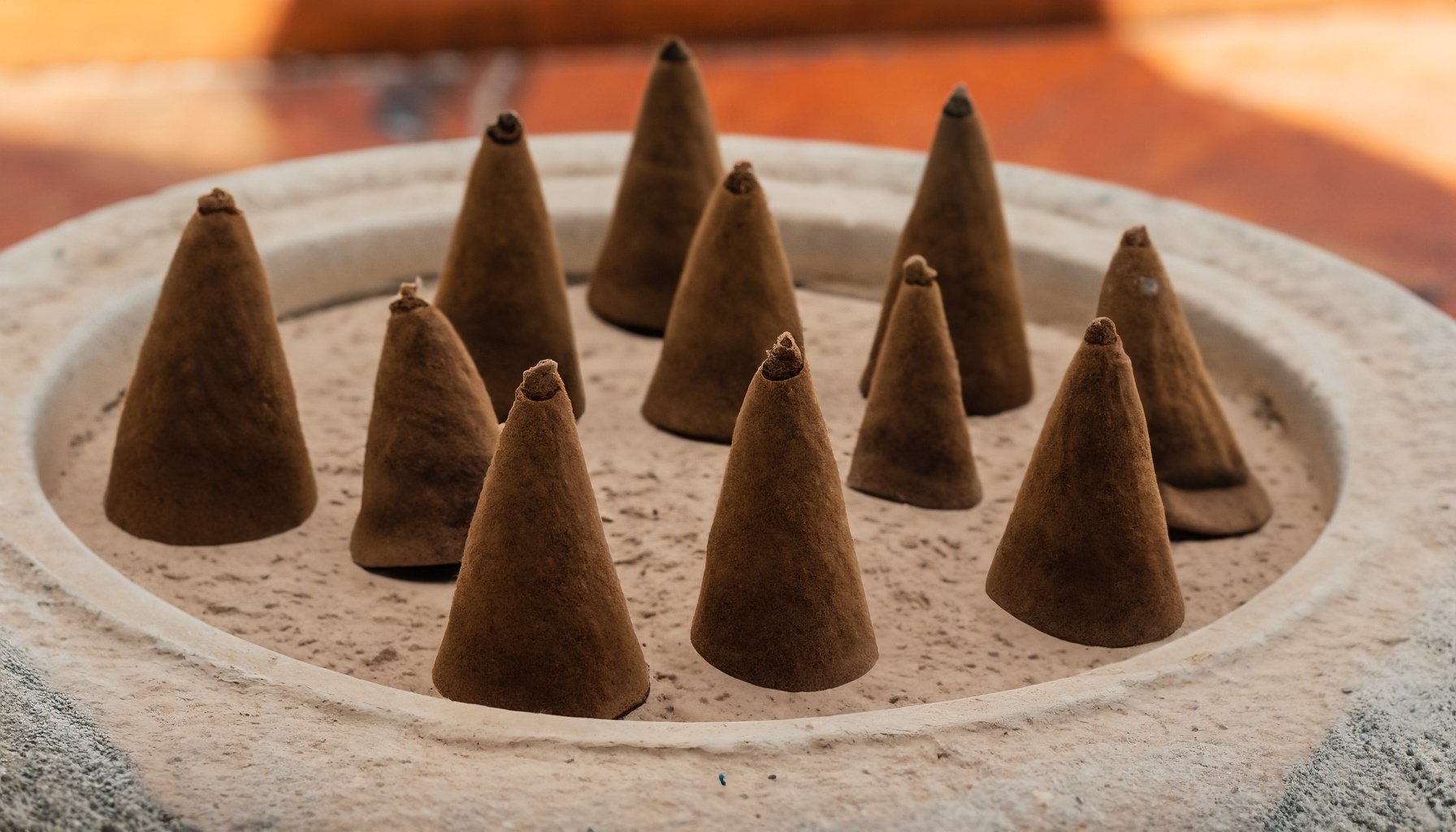
Sandalwood, derived from trees in the genus Santalum, has a rich history that dates back over 4,000 years. It has been valued for its aromatic heartwood and has played a significant role in religious, spiritual, and medicinal contexts across various cultures. Here’s an overview of the history of sandalwood:
Ancient Use
- India: In India, sandalwood has been used since ancient times for carving religious artifacts, and in traditional medicine, Ayurveda. It is also a crucial part of Hindu religious practices.
- Egypt: The ancient Egyptians imported sandalwood for medicinal purposes and embalming the dead.
Cultural Significance
- Buddhism: Sandalwood is considered one of the three integral elements in Buddhist practices, along with lotus and the Buddha.
- Chinese and Japanese Culture: It has been used to make furniture, caskets, and traditional medicines.
Trade
- Sandalwood trade flourished in ancient times. It was exported from India to many parts of the world, including the Middle East, China, and Europe.
Colonial Era
- In the colonial period, the British East India Company controlled the sandalwood trade. The depletion of Indian sandalwood forests led to the discovery of a viable substitute in Australia.
20th Century
- Conservation and sustainable harvesting became a concern as sandalwood trees were overharvested to meet global demand.
Present Day
- There are strict regulations on the harvesting and trade of sandalwood in countries like India to prevent extinction. Sandalwood oil is still in high demand in the cosmetics, perfumery, and pharmaceutical industries.
Sandalwood Species
- Indian Sandalwood (Santalum album): Native to India, it’s the most coveted and has been a subject of various regulations to prevent overharvesting.
- Australian Sandalwood (Santalum spicatum): Became popular as a substitute for Indian sandalwood.
Conservation Efforts
- Governments and international bodies have implemented measures to protect sandalwood species from extinction, including planting initiatives, regulating trade, and penalizing illegal harvesting.
Sandalwood continues to be prized for its rich fragrance, essential oil, and wood, balancing the need for conservation and sustainable harvesting with ongoing global demand.
See also: 12 Iconic Natural Aromatics
Written by Tony Bierman
Tony Bierman co-founded Candlecopia, a home fragrance company, in 2009. In addition to being a 15-year veteran of the home fragrance industry, Tony is also an author, an award-winning software developer, and an amateur photographer. In his spare time, you’ll find him hiking the woods of Roanoke Creek, with his camera and his dogs.





[…] Prized for its long-lasting scent and medicinal properties, sandalwood has been highly valued by many civilizations. It’s used in religious ceremonies, traditional medicine, and the making of perfumes and cosmetics. See also: A History of Sandalwood […]
[…] Sandalwood: Known for its rich, warm scent and is often used in perfumes, incense, and aromatherapy. […]
[…] Sandalwood: A rich, woody aroma often used in incense and perfumes. […]
[…] Sandalwood – Creamy, soft, and sophisticated woody notes. […]
[…] Sandalwood – Smooth, milky wood scent that’s warm and comforting. […]
[…] Sandalwood – Warm, woody, and earthy. […]
[…] Sandalwood – Smooth and rich, offers a luxurious warmth. […]
[…] Sandalwood – Smooth and sophisticated, adds an elegant touch. […]
[…] Sandalwood – Rich and luxurious, ideal for significant achievements. […]
[…] Sandalwood: Originating in India, sandalwood has been vital in religious rituals and for carving artifacts. Its oil is widely used in perfumery and traditional medicine. […]
[…] Sandalwood: Used extensively in religious ceremonies, meditation, and traditional medicine like Ayurveda. It’s a lucrative trade item as well. […]
[…] Sandalwood — Burned as incense during […]
[…] Sandalwood – Warm, rich, and grounding. […]
[…] Sandalwood – Warm and woody, creates a cozy, intimate environment. […]
[…] Sandalwood – Calms the mind and promotes mental clarity. […]